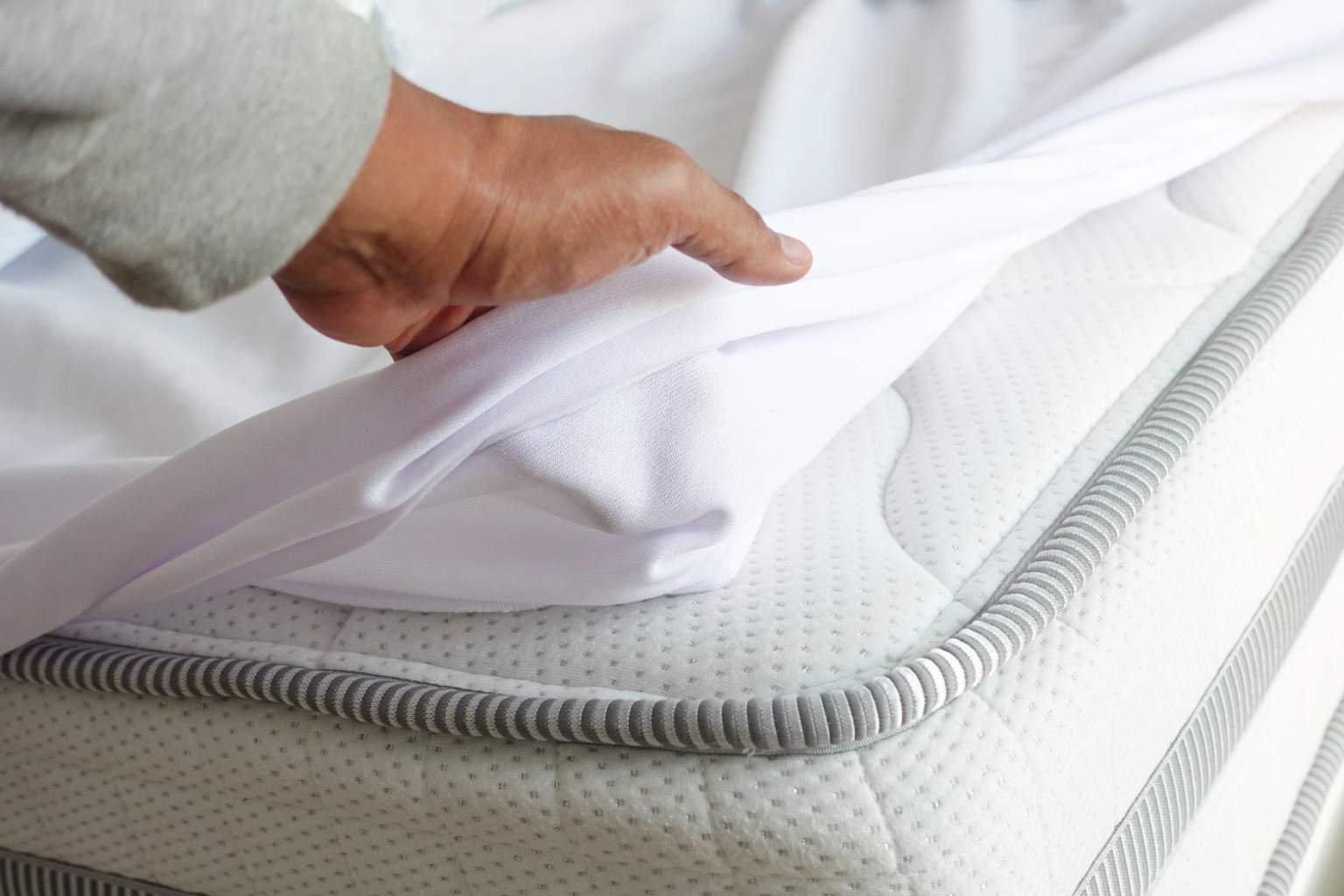Changing your sheets every week might actually be a mistake. The freshness of your bed isn’t just about comfort—it’s a matter that affects your health and household hygiene. So, how often should you really be swapping out those sheets, and why?
How climate and lifestyle influence sheet-changing frequency
When summer hits with soaring temperatures and humidity, you tend to sweat more. This makes your sheets a perfect breeding ground for bacteria and unpleasant odors. Experts suggest changing your sheets every three to four days during hot months to keep things fresh and clean.
In contrast, winter’s cooler, drier air means you sweat less while you sleep. As a result, it’s generally safe to extend the time between changes to around two weeks—provided your bedroom is ventilated well.
Your daily habits and circumstances also play a big role. If you suffer from allergies, sleep with pets, or frequently work up a sweat, washing sheets more often is a must. Sheets trap dead skin cells, dust, and sweat, creating an ideal environment for dust mites and microscopic fungi, which can trigger allergies and respiratory issues.
How to wash sheets properly for best results
Most households stick to washing sheets at least once a week. However, the method you use for washing matters just as much as frequency.
Washing sheets in water heated to 140°F (60°C) is considered optimal because it kills most bacteria and allergens. This is especially important if someone in your home is sick or has respiratory allergies. A weekly wash cycle is usually the sweet spot for keeping invisible buildup in check.
For the best cleaning results, always wash sheets separately or with other lightweight textiles. This prevents uneven washing and protects delicate fibers from being damaged by heavier items like jeans or towels.
Try to steer clear of fabric softeners, which may coat fibers and trap residues that compromise your sheets’ hygiene and freshness. When it comes to drying, aim to dry sheets thoroughly to keep mold and mildew at bay. Air drying is ideal, but if you need to use a dryer, opt for a longer cycle to ensure sheets are completely dry.
On a personal note, I started ironing my sheets after washing them, not just to smooth wrinkles but because the heat helps kill any lingering microorganisms. It’s a small step that has made my sleep environment feel noticeably fresher.
Daily habits that extend sheet freshness
Beyond washing frequency, certain simple habits can make a big difference in how long your sheets stay clean.
Taking a shower before bed can drastically reduce the amount of sweat, oils, and dirt you bring to your bedding. Opening your windows every morning helps regulate bedroom humidity and discourages dust mites from multiplying.
Even something as simple as flipping or shaking your sheets daily can minimize dust and debris buildup between washes.
These small changes transformed my nightly routine. I realized that clean sheets aren’t only about laundry day—they’re about everyday care.
Risks of neglecting your sheets
Waiting too long to change your sheets doesn’t just lead to unpleasant odors; it puts your health at risk. Dirt, dead skin, sweat, and dust mites can cause skin irritation, allergic reactions, respiratory problems, and persistent smells that make your room feel less welcoming.
Scientific studies show that sheets soaked with sweat and skin cells become perfect homes for dust mites, which are notorious allergy triggers.
Interestingly, cultures differ widely in their approach to sheet washing. In the U.S., changing sheets once every two weeks is common, whereas in many European countries, weekly changes are the norm. Northern Europeans tend to be more meticulous about washing, while Southern Europeans often rely on natural ventilation and sunlight to maintain freshness.
Clean sheets can improve how well you sleep
Sheets that are clean don’t just protect you from germs—they actively enhance the quality of your sleep. Fresh, crisp bedding promotes faster sleep onset and fewer nighttime awakenings. Sleep experts agree that a clean sleep environment is key to creating a soothing, restful bedtime routine that benefits both mind and body.
Technology is also entering the bedding arena. New smart fabrics can help regulate temperature, repel bacteria, or reduce dust mite populations. These advances extend the time your sheets can stay fresh, but they don’t replace regular washing.
How often do you change your sheets, really? Have you discovered habits that keep your bed feeling cleaner and fresher longer? Let’s get the conversation going—share your tips and experiences below! Your best night’s sleep might just be a few changes away.

I changed my sheets every 2 weeks as I just stop them around as I am single then in a double bed so the one side doesn’t get slept on then so just change them around then